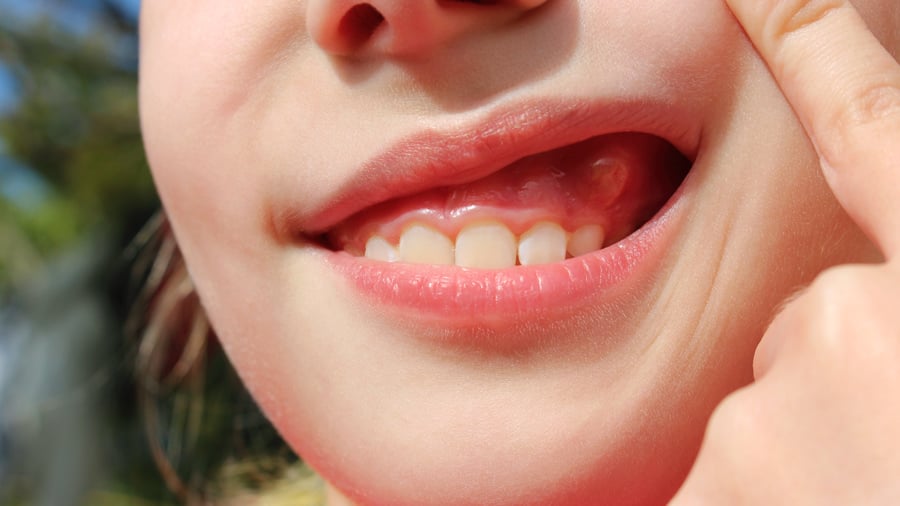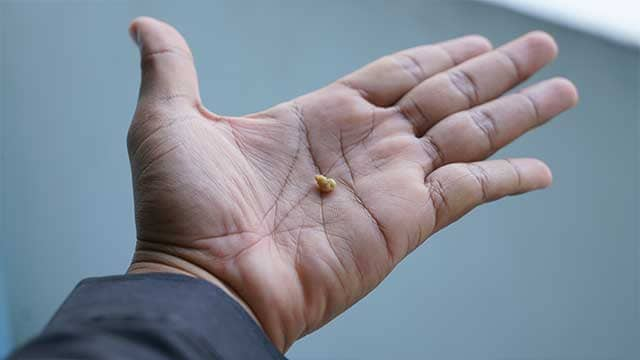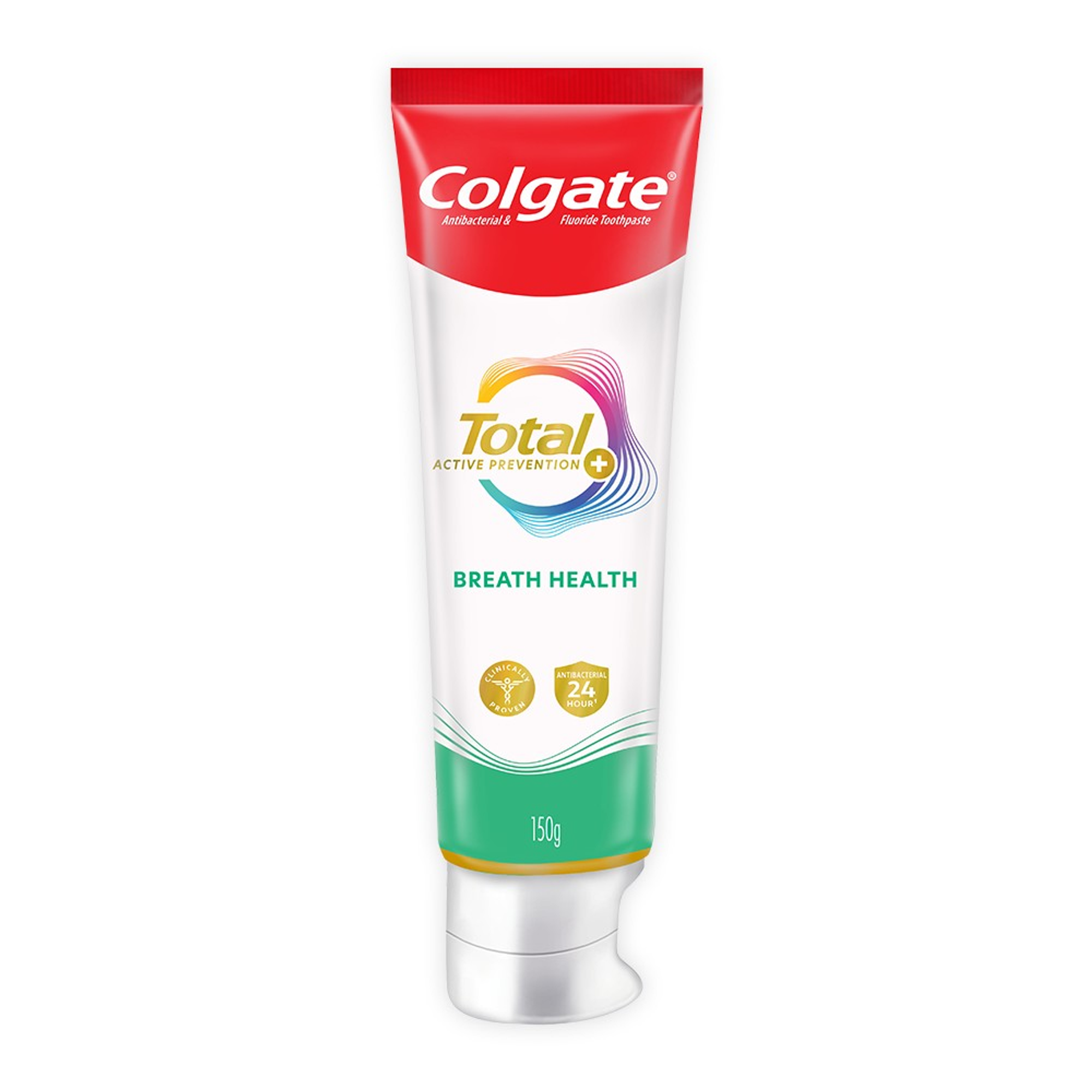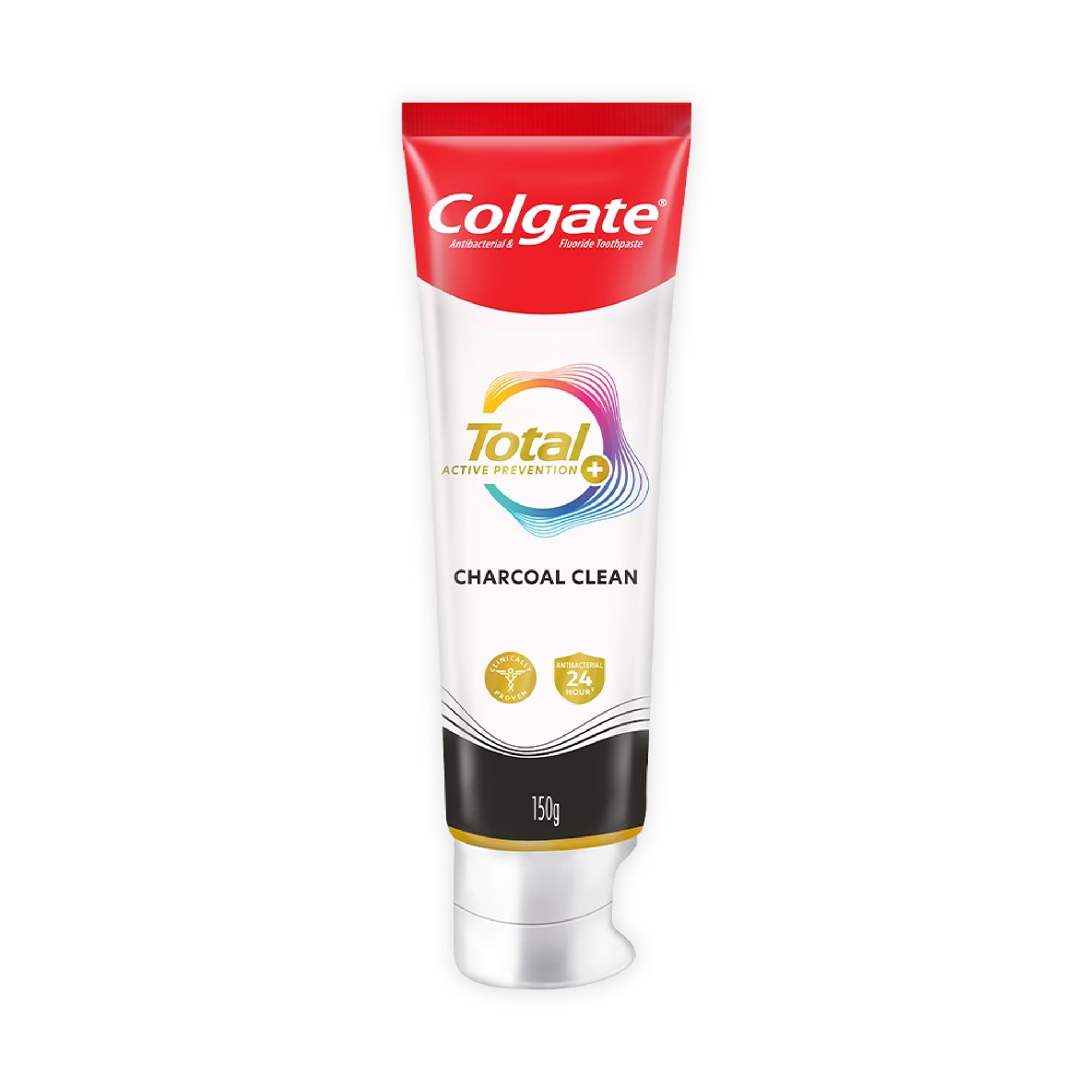-
-

ADULT ORTHODONTICS
Should You Use Mouthwash Before or After Brushing?Brushing and flossing are the foundation of a good oral hygiene routine, but mouthwash can also be a useful addition...

SELECTING DENTAL PRODUCTS
Soft Vs. Hard Toothbrush: Which One Should You Use?The toothbrush has come a long way. As the American Dental Association (ADA) notes...
-
Science & Innovation
- Oral Health and Dental Care | Colgate®
- Oral Health
- Teeth Grinding: How to Stop Grinding Your Teeth at Night!


Do you ever wake up from a night's sleep with sore teeth and jaws? You could be grinding your teeth. Grinding your teeth is known as bruxism. This rhythmic clenching of the jaws and grinding of the teeth may develop at any age. Teeth grinding is usually done unconsciously in your sleep, but it can also occur when you are awake. During the day, a person who is concentrating on a task will often place his teeth together and apply force through a contraction of the jaw muscles. This is commonly associated with the daytime tasks of lifting heavy objects, driving, reading and writing. During sleep, it presents as clenching and rhythmic contractions.
Teeth Grinding Symptoms
The most common symptom of teeth grinding is a headache. The Bruxism Association states that people who grind their teeth are three times more likely to suffer from headaches. According to MedlinePlus , other symptoms include muscle aches, enlargement of facial muscles, temporomandibular joint (TMJ) discomfort, stiffness of the shoulders and neck, ear pain and sleep disorders. The teeth are adversely affected and show abnormal wear and mobility. This leads to fracture and loss of teeth.
Causes
Stress, anxiety, smoking, heavy alcohol, caffeine, depression and sleep disorders are all possible causes of teeth grinding, also according to the Bruxism Association. There is, however, little evidence to directly support any cause. Research has shown that bruxism is found more frequently in people who snore or suffer from obstructive sleep apnea and in people whose lifestyle includes smoking, drinking alcohol and caffeine.
It has been found that 70 percent of people clench and grind their teeth as a result of stress and anxiety. Some research has shown a possible link between teeth grinding and a stressful work environment.
Treatment for Teeth Grinding
How can you stop clenching or grinding your teeth? It depends on the cause. Is it due to a sleep disorder, lifestyle factors or stress and anxiety? It is important to have your dentist evaluate you with a comprehensive exam and develop a treatment plan that is specialized for you.
The best way to protect your teeth and prevent tooth wear and fracture is to wear an occlusal appliance. These appliances have different names, including occlusal splints, occlusal bite guards, night guards, bite plates and bruxism appliances. These are custom made, specially fitted plastic mouth pieces that fit over your top or bottom teeth. Wearing one of these appliances will reduce jaw muscle pain and protect both your teeth and temporomandibular joint. The appliances are usually worn at bedtime and are considered the treatment of choice.
Other Treatment Options: Mandibular Advancement Devices
Other appliances are also used. These are called mandibular advancement devices. These are also custom made, specially fitted appliances and usually fit over your top and bottom teeth. Mandibular advancement devices typically bring your bottom jaw (mandible) forward. These devices are used when a sleep disorder is a probable cause of grinding. The device is used to help manage snoring and sleep apnea. When grinding your teeth is caused by sleep apnea, this is the preferred treatment.
If anxiety or stress is believed to be the cause of your grinding, then behavioral management is a must. Relaxation techniques, meditation and psychoanalysis can help manage the stress and anxiety. Hypnosis has also been found to help relieve grinding of your teeth. A study reported by the Bruxism Association found hypnosis to have positive long-term effects, so this treatment has some promise. Sometimes a combination of behavior modification and occlusal appliances is required.
Putting an end to the clenching or grinding of your teeth requires an evaluation by your dentist or by an oral and maxillofacial surgeon. After an exam, a treatment plan can be implemented. It may include an occlusal appliance and, possibly, behavioral modification methods.
Related Articles

If you notice anything strange in your mouth, such as a gum boil or a bump that looks like a pimple, it's a good idea to have it checked out by a dentist.

Tonsil stones, clinically called tonsilloliths, are small, white discharges that form in the crevices of the tonsils. They are typically found on the surfaces of the pharyngeal tonsils on either side at the back of the throat. They can be as small as a grain of rice or as large as a pea. They are quite common and usually harmless, but they may spark alarm in patients when noticed for the first time.

Related Products

Helping dental professionals
More professionals across the world trust Colgate. Find resources, products, and information to give your patients a healthier future








